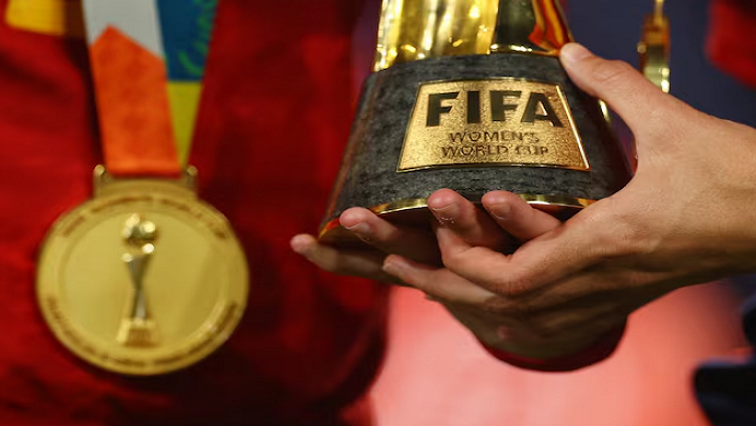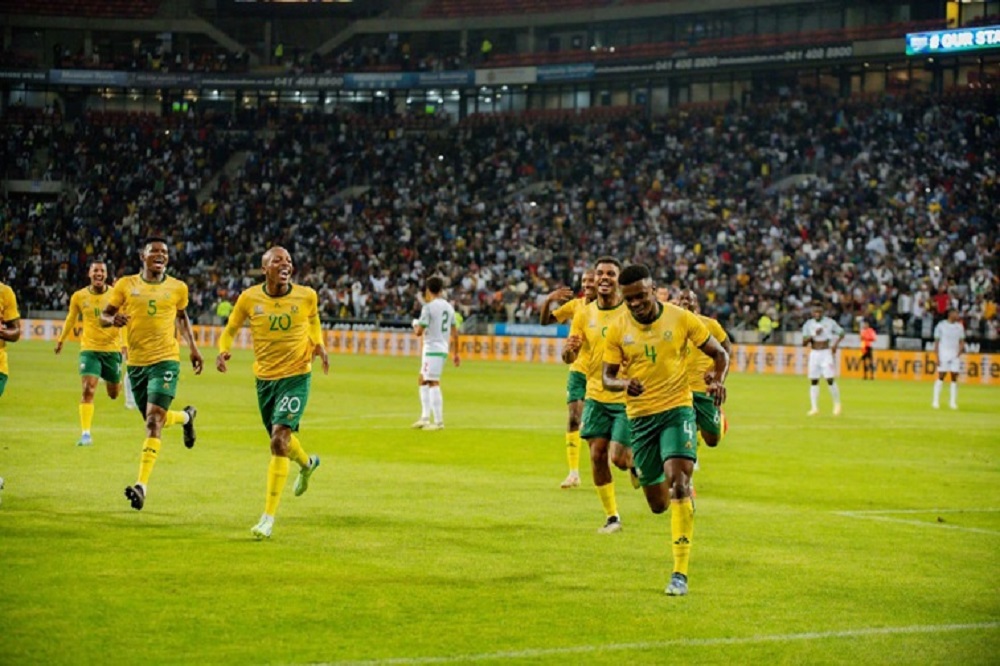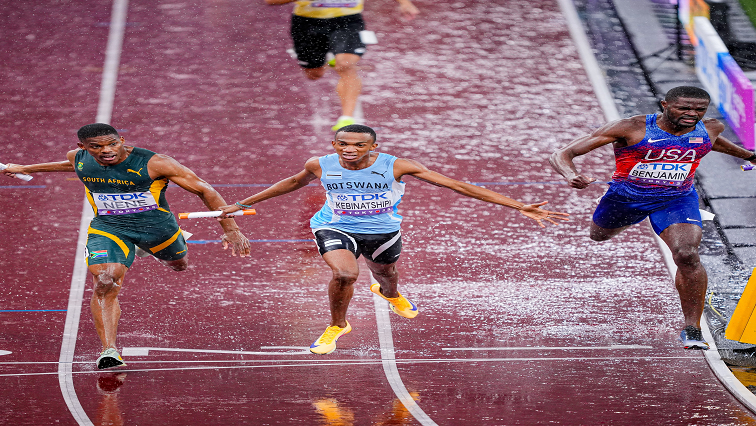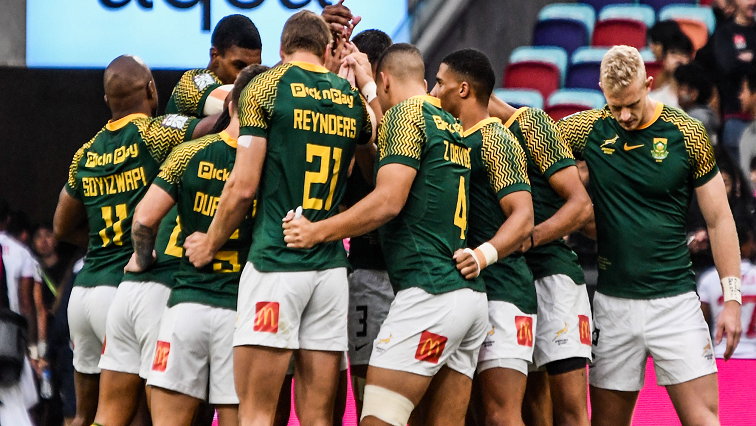-
General view of a Spain player holding the World Cup trophy.
The women’s World Cup will be expanded from 32 to 48 teams from the 2031 edition onwards after world soccer’s governing body FIFA said its Council approved the proposal at a virtual meeting on Friday.
The 48-team World Cup will adopt a 12-group format, increasing the total number of matches from 64 to 104 – the same as the expanded men’s World Cup in 2026 – and extending the tournament by one week.
The 2027 women’s World Cup, which will be held in Brazil, will have 32 teams. The 2023 edition in Australia and New Zealand was the first to have 32 teams, up from 24 in the 2019 tournament hosted by France.
“This is not just about having 16 more teams playing in the FIFA Women’s World Cup but taking the next steps in relation to the women’s game in general,” FIFA President Gianni Infantino said in a statement.
“More FIFA member associations have the chance to benefit from the tournament to develop their women’s football structures from a holistic point of view.”
The 2026 men’s World Cup, which will be co-hosted by the United States, Canada and Mexico, will be the first to have 48 teams. The men’s World Cup had 32 teams since the 1998 edition until the last tournament in Qatar in 2022.
The United States is poised to be named host of the 2031 women’s World Cup as the only bid, marking the third time the country will stage the tournament after previously hosting it in 1999 and 2003.
The United Kingdom is the sole bidder for the 2035 tournament. Hosts for the 2031 and 2035 editions are yet to be ratified.
Although there are concerns that games could be one-sided with 48 teams, Infantino said the 2023 edition showed sides are closing the gap on the elite.
“The FIFA Women’s World Cup 2023, the first in which teams from all confederations won at least one game and teams from five confederations reached the knockout stage, among many other records, set a new standard for global competitiveness,” he added.
“This decision ensures we are maintaining the momentum in terms of growing women’s football globally.”
Players’ union FIFPRO welcomed the expansion of the women’s World Cup as it demonstrated the growth of women’s soccer.
“However, the support of players depends on inclusive decision-making and cooperative planning that respects all stakeholders,” FIFPRO said in a statement.
“It is critical that the global development of women’s competitions goes hand in hand with improved labour conditions and the advancement of players, as well as development further down the pyramid.”











